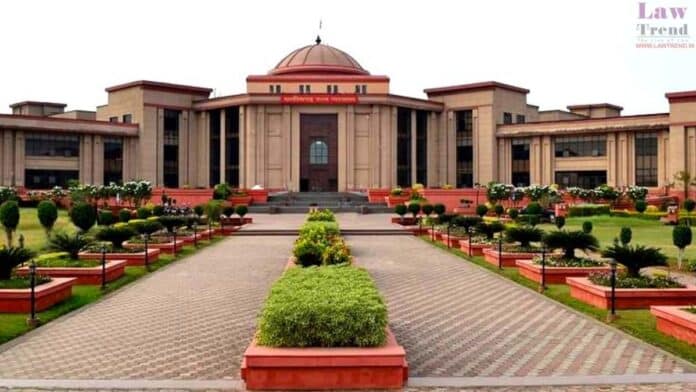In a significant judgment, the Chhattisgarh High Court upheld the conviction and life sentence of Somadu Vetti, who was found guilty of the murder of Sukko Vetti in the Bastar district. The appeal was dismissed by a division bench comprising Chief Justice Ramesh Sinha and Justice Bibhu Datta Guru, who affirmed the trial court’s judgment
To Read More Please Subscribe to VIP Membership for Unlimited Access to All the Articles, Download Available Copies of Judgments/Order, Acess to Central/State Bare Acts, Advertisement Free Content, Access to More than 4000 Legal Drafts( Readymade Editable Formats of Suits, Petitions, Writs, Legal Notices, Divorce Petitions, 138 Notices, Bail Applications etc.) in Hindi and English.




